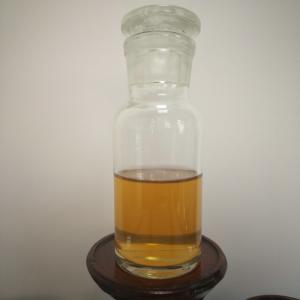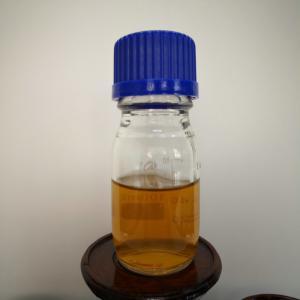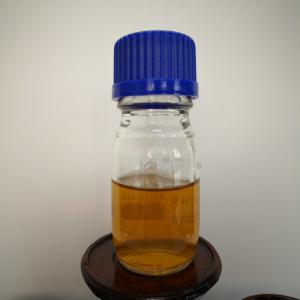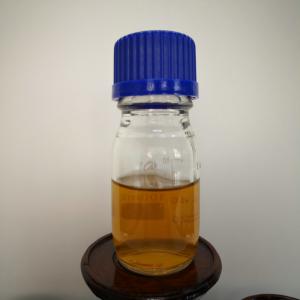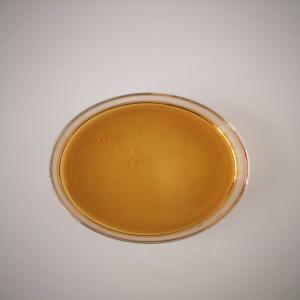Product Benefits
A cost-effective Alpha-Amylase ensures faster fermentation, desirable texture, volume, skin color and baking quality.
Description
Bacterial Alpha-Amylase BAA-0100 is produced from Non-GMO strains of Bacillus subtilis through submerged fermentation , extraction and refining processes. It is endoamylase which can rapidly decrease the viscosity of the gelatinous starch solution by randomly hydrolyzing starch, glycogen and its degradation products within the α-1, 4 glycosidic bonds and produces soluble dextrins and oligosaccharides. Excessive hydrolysis may result in a small quantity of glucose and maltose.
BAA-0100 is widely applied to baking industry.
Product Characteristics
Declared Enzyme | Alpha-Amylase |
Systematic name | EC 3.2.1.1, 1, 4-alpha-D-glucan glucanohydrolase |
Activity | 10, 000 U/g (minimum) |
Appearance | Yellow brwon powder |
Moisture | 8% (Maximum) |
Effect of pH
Optimum pH 6.0, stable pH range 6.0 to 7.0, inactivated dramatically with pH below 5.0
Effect of Temperature
Optimum temperature ranges from 60 to 70º C, stable temperature below 60º C. At a temperature range of 70 to 90º C, the reaction speeds up when the temperature rises while the inactivation also speeds up.
Storage
This enzyme has been formulated for optimal stability. Typical shelf-life is six months provided being stored below 25°C in its original packaging, sealed and unopened, protected from the sunlight. Its shelf-life will be eighteen months if this product is stored properly at 0~10°C. Prolonged storage and/or adverse conditions such as higher temperatures may lead to a higher dosage requirement.
Safety & Enzyme Handling
Inhalation of enzyme dust and mists should be avoided. In case of contact with the skin or eyes, promptly rinse with water for at least 15 minutes. For detailed handling information, please refer to the appropriate Material Safety Data Sheet.
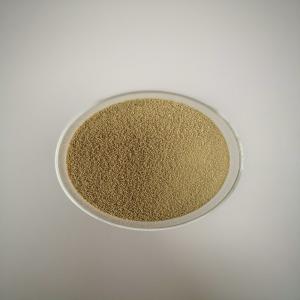
 China
China